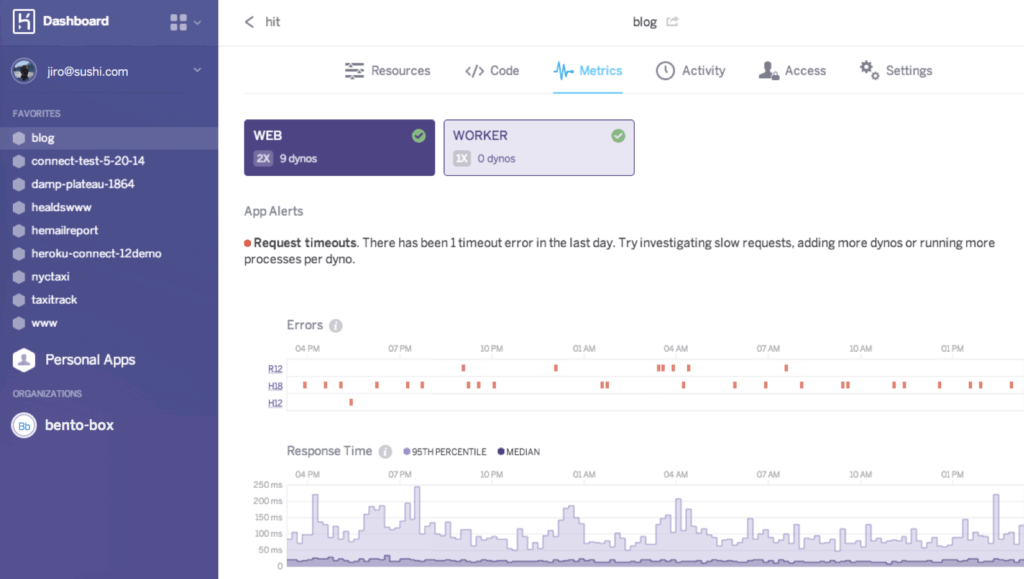
Introduction to Heroku
Heroku, a cloud platform as a service (PaaS), has gained significant traction among developers and businesses for its ability to simplify application deployment and management. Founded in 2007 and acquired by Salesforce in 2010, Heroku allows developers to build, run, and operate applications entirely in the cloud, no matter the language or platform.
The Importance of Heroku
In today’s fast-paced digital landscape, organizations are looking for ways to streamline application development and reduce time-to-market. Heroku’s easy-to-use interface and robust set of tools cater to this need, providing a seamless deployment process, scalability, and high availability. According to a report from Gartner, cloud services adoption is projected to grow significantly, and platforms like Heroku play a vital role in that growth by facilitating modern development practices.
Key Features and Recent Developments
Heroku offers multiple features that separate it from traditional hosting solutions. These include:
- Support for Multiple Languages: Heroku supports various programming languages, including Ruby, Java, Python, and Node.js, allowing developers to work in their preferred language.
- Integrated Add-Ons: Users can extend their applications with third-party add-ons, ranging from databases to monitoring tools, easily integrating into their workflow.
- Automatic Scaling: Heroku automatically scales applications based on user demand, ensuring optimal performance without manual intervention.
Recently, Heroku has been enhancing its security features, introducing capabilities like shielded applications and private spaces for enterprise clients. This move comes in response to increasing concerns about data security in the cloud. With these enhancements, organizations can deploy sensitive applications with greater peace of mind.
Conclusion: The Future of Heroku in Application Development
As businesses continue to embrace digital transformation, platforms like Heroku are expected to grow in popularity. Developers value the simplicity and effectiveness that Heroku offers, and analysts believe that its relevance will only increase as the need for agile and responsive application development solutions intensifies.
In conclusion, Heroku stands out as a valuable resource for businesses looking to leverage cloud technology for application development. With its powerful features, ongoing updates to security and support, Heroku remains a central player in the evolution of cloud applications.



